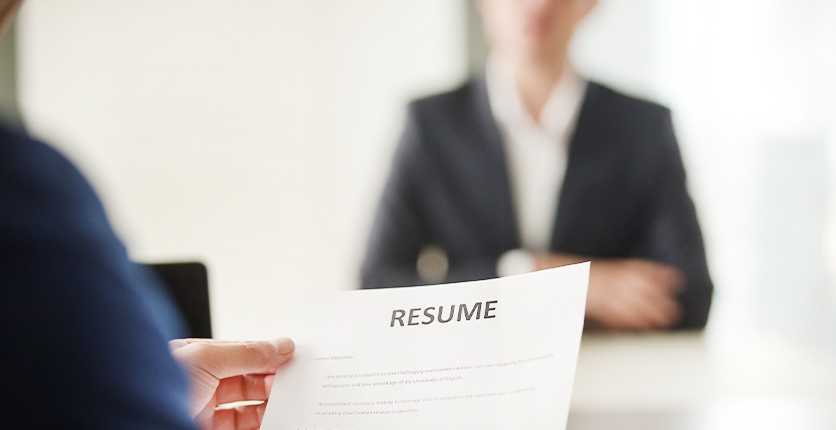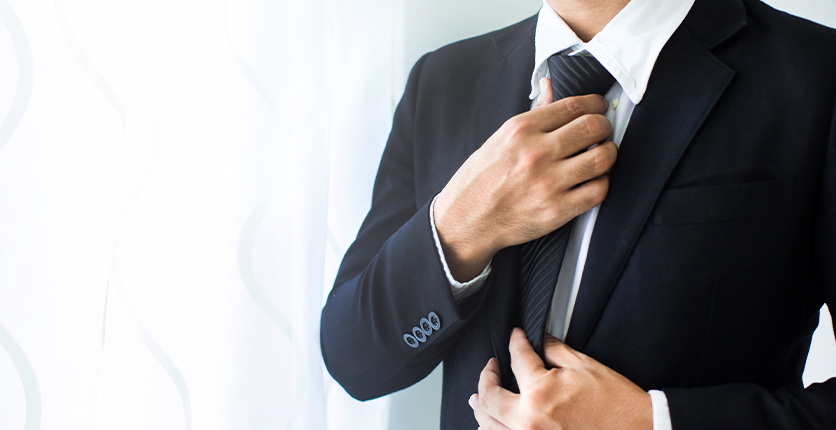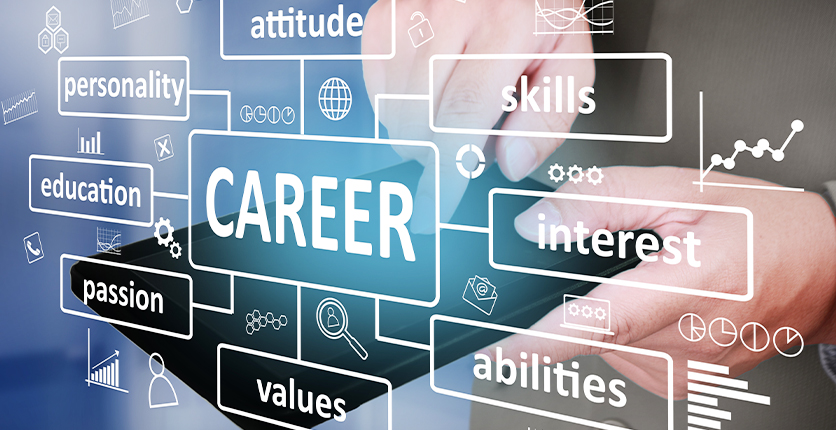After applying for a job at several companies, you’ve finally been contacted for an interview. Meeting a potential employer for the first time can be nerve-wracking, even if you’ve been in the workforce for a while. You only have one chance to make a positive impression and distinguish yourself from the other applicants. How should you prepare for the occasion? What should you wear? How do you respond to tricky questions? Is it okay to talk about salary and bonuses?
Ben So, a career coach and the founder of Emunah Coaching and Training, offers his best advice for anyone who might be getting ready for that all-important first meeting.

Q: Can you share some pointers for preparing for a job interview?
Ben: Remember the “A-B-C-D” method when getting ready for your job interview:
A: Analyse the company to get an understanding of their work culture, history, products or services, recent events, and your job scopes.
B: Build your knowledge. If there are special technical certifications needed, such as the Google Search Ads certificate for the role of an SEM Specialist, for example, make sure you’re up to date with the relevant qualifications and can express your knowledge when asked.
C: Craft your responses to common interview questions, such as, “Tell me more about yourself” or “What was your role in your previous job?”
D: Dress appropriately. Think about what you’ll wear beforehand and make sure that your clothes are clean, well pressed and professional-looking, so that you show up at your interview looking sharp and polished. Pay attention to your shoes and accessories, too.

Q: What do interviewers first notice about a candidate and how can a candidate make a good first impression?
Ben: Your resume is the first thing interviewers notice, so make sure that yours is to-the-point and sufficiently detailed, so as to attract the interest of your potential employer.
Answer all your phone calls politely because you never know if it’s the interviewer on the other end, calling to invite you to meet with them in person. The day before your first meeting, prepare your outfit and spend some time on grooming (for instance, get a haircut and trim your nails if you need to). How you present yourself in person is one of the first things the interviewer will notice.
When you arrive at the interview, smile confidently, try to appear relaxed, and give your interviewer a firm handshake. Remember to show up on time, too, even if the interview is virtual.
If you’ve been invited to a virtual interview, check that your camera and microphone are working and that your Internet connection is strong to avoid any tech glitches.

Q: With so many workplaces following an informal dress code these days, what should a candidate wear to his job interview?
Ben: Although many people dress casually to go to work, you shouldn’t take the chance and show up to your interview in casual clothes yourself. Generally, it’s better to be a little overdressed than underdressed for such an important meeting. So, wear proper business attire. If you’re called back for a second interview, you might be able to get away with dressing a little less formally, or, just ask the interviewer what the dress code is.
Find out what’s your body type and how to dress to suit it.

Q: When asked what his strengths and weaknesses are, what response should a candidate give, and how can he not make his weaknesses sound like a liability?
Ben: This is a common interview question. When it comes to your strengths, reflect on the skills, traits, qualifications and experience you have that you know will add value to your new role in the company. For example, if you’re a good communicator and you’re applying for a sales position in which you’ll need to present the company’s products, talk about your sales experience and all the times you received positive feedback from clients.
When talking about your weaknesses, avoid cliches such as “I tend to push myself and work extra hours when I’m engrossed in a project”. It’s best to just be honest about the things that you feel hold you back, but remember to also mention how you’re trying to improve. This shows self-awareness and a willingness to do better.

Q: What’s the best way to discuss salary and bonuses without coming across as greedy or rude?
Ben: Before the interview, research salary ranges for the position you’re keen on (mycareersfuture.gov.sg is a good resource for this sort of information).
If possible, let the interviewer raise the subject of salary during the interview. If they don’t, you can politely ask about the full salary package and how work performance at the company is evaluated.

Q: When asked if he has any questions for the interviewer, what questions should a candidate bring up?
Ben: It’s acceptable to ask about the expected timeline for the hiring process and what a typical day is like working in the company. You can also ask if there are opportunities for professional development. Avoid asking questions that are obvious or that you can easily search on the company’s website.

Q: How can the candidate talk about himself and his achievements and experience without seeming like he’s arrogant or bragging?
Ben: The tone of your voice is important and will say it all. Just as important are your words, so choose words that convey humility. It’s best to state the facts or simply to give a summary of what you’ve done and achieved. If you contributed to a group project or company event, give credit to your co-workers, too. Ultimately, this is your chance to demonstrate your ability and willingness to contribute to the company.

Q: If the candidate was fired from his previous job, should he be honest about why he was let go?
Ben: Yes, it’s a good idea to just be honest, because everybody values integrity. Give a brief explanation about what happened, without bad-mouthing or blaming your previous employer and without sharing any sensitive or confidential information. Then, share what you’ve learnt from the experience and, if relevant, briefly state how you intend to do better next time.
Here’s how to brush up on your soft skills like communication and emotional intelligence.
What to ask during a job interview
Asking these questions tells the interviewer that you’re serious about the role and working for their organisation. It also shows that you did your homework beforehand.
“What are your expectations for me if I get the job?”
“What does a typical day look like for the team?”
“Can you tell me about the people I’ll be working with?”
“What opportunities are there for training and progression?”
“What’s the performance review process like in this company?”
“Can you describe the working culture here?”
“How would you describe the company’s values?”
“What are the company’s plans for growth and development?”
Want more articles like this, and other lifestyle content right in your inbox? Download the new SAFRA mobile app and opt in for the eNSman Newsletter – you don’t need to be a SAFRA member to subscribe – and never miss another story!







